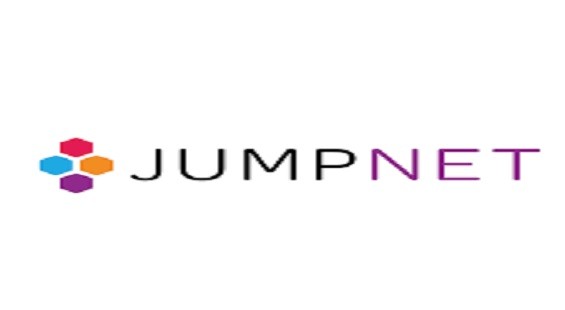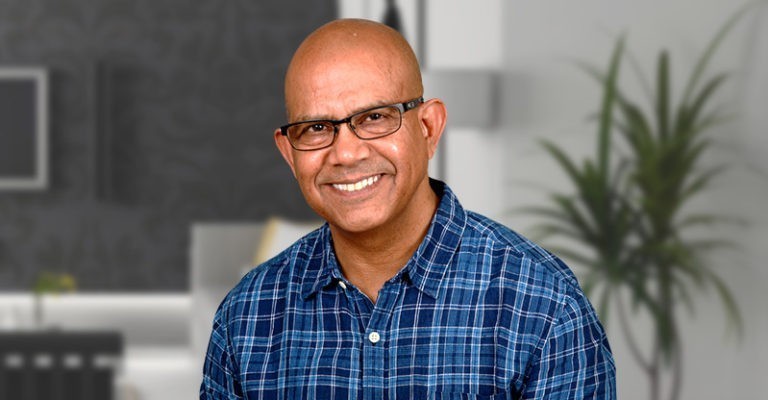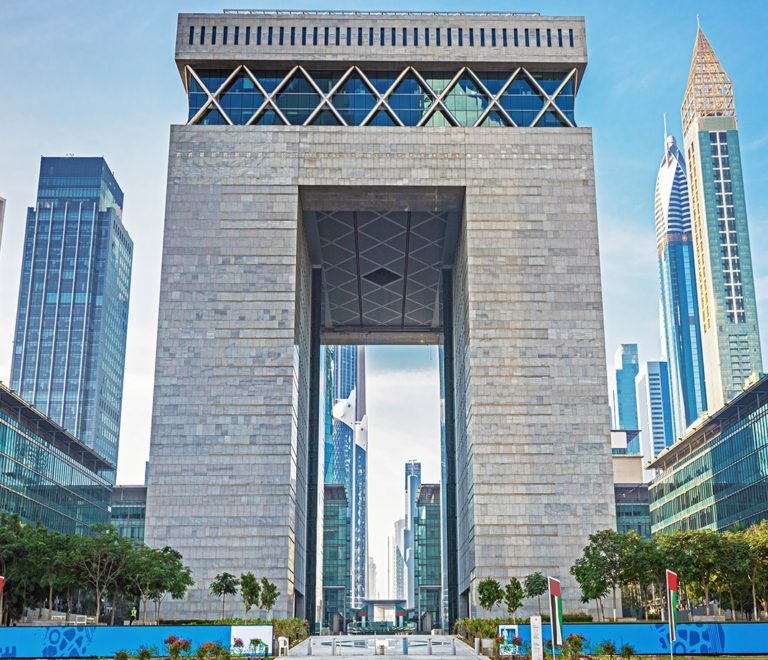Mumbai: Jump Networks Limited aims to capitalise on more than $100 billion opportunities in India and help the “next billion” users cross the digital divide.
Most countries with lower internet access are in Asia and Africa wherein India tops the list followed by China, as per media reports.
Interestingly, India has the highest number of disconnected people despite having the second largest online market in the world.
However, India has also seen significant growth – between 2019 and 2020 – the number of internet users in the country grew by more than 23 per cent to 128 million. Clearly, India has some untapped potential as well as notable promising growth.
“The opportunity in India is the biggest in the world for our technology. Our integrated ecosystem ‘JumpNet’ – physical and digital network offering – allows us to reach audiences most others cannot,” Harshawardhan Sabale, Managing Director, Jump Networks Ltd, said.
There are 1.2 billion mobile users in India – 50 per cent reside in rural areas. By 2023, internet users are expected to rise by 40 per cent and the number of smartphones to double and monthly mobile data consumption per user is growing at 152 per cent annually – more than twice the rates in the US and China.
Jump Networks provides a plethora of offering including JUMP, Edmission, JumpTalk, and a multitude of digital services including but not limited to high-definition video and audio streaming, unlimited Facebook, WhatsApp, YouTube, unlimited audio calling, unlimited video calling, amongst others.
Some of its brands include:
JUMP: a direct to consumer brand and its offering comprises multiple digital products and services at an ultra-low price point with zero additional data cost when accessed through their SIM-enabled set-top box (STB).
Edmission: Offers a ‘phygital’ model of education for learners and educators across the world. It is also the first truly democratic platform for educators to reach out to potential learners by having access to completely equipped studio shoot facilities as well as an integrated learning management system (LMS).
JumpTalk: A Voice over Internet Protocol (VoIP) service and a video conferencing solution for businesses that enables users anywhere in the world to make high-quality audio and video calls to anywhere in the world.
GAIA AgriTech: Works with farmers of the Konkan region to produce organic milk and eggs in a transparent, no middle-men, technology-driven environment.










